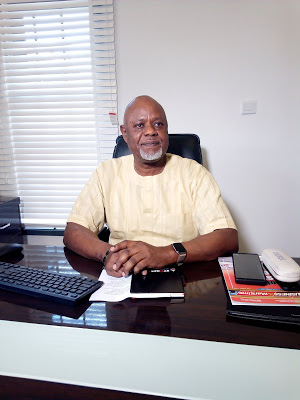Environment and IMO Sulphur Cap: Nigeria must first address local environmental degradation- Shipowner
Shipowner and erstwhile President of the Ship Owners Association of Nigeria (SOAN) Greg Ogbeifun, wants Nigeria to first pool efforts at addressing the environmental degradation, which has long been a problem.
environmental issues had been limited principally to land. Now, we are going to the air.
identifying our national and domestic activities that are contributing towards environmental pollution through emission, or else, we are achieving nothing.”
into our ports.
standard.”

